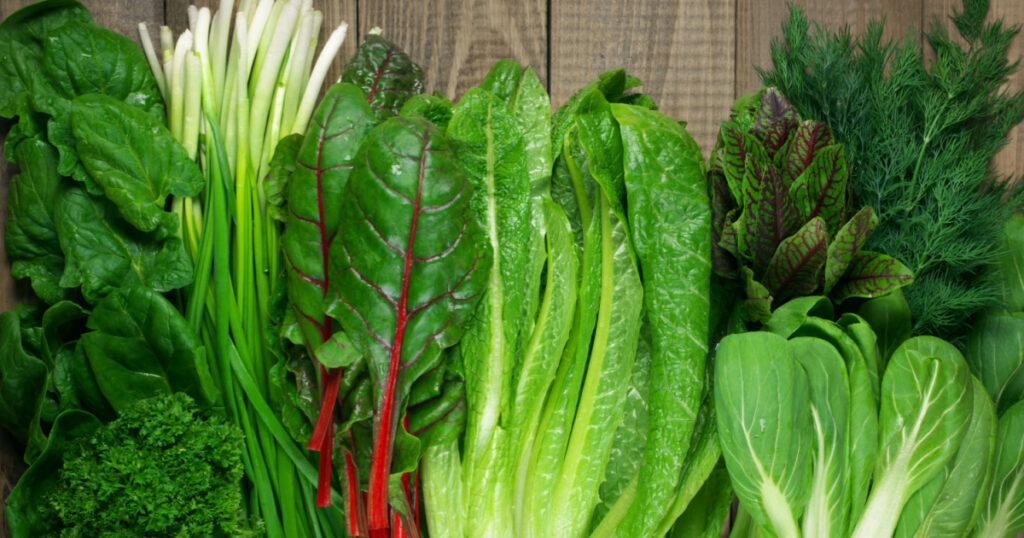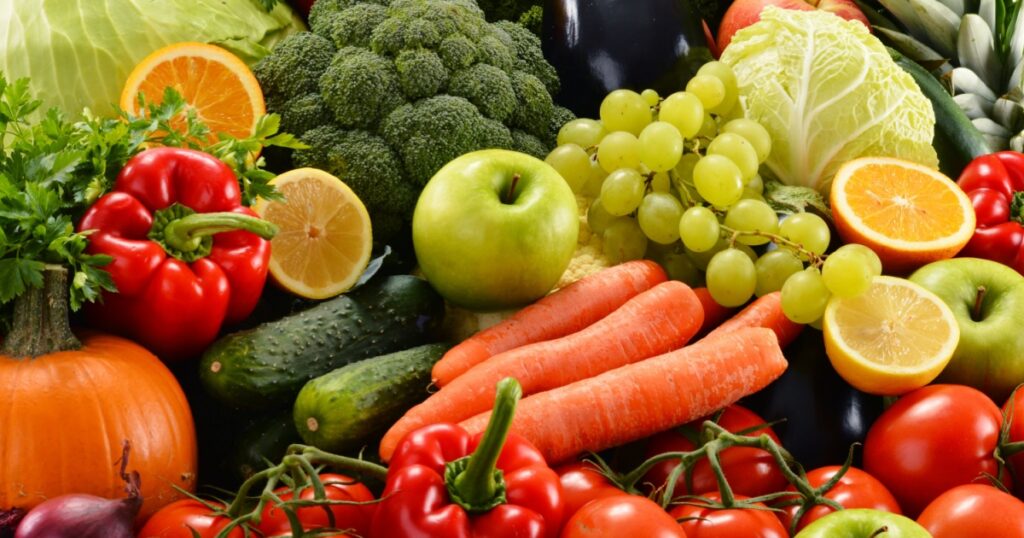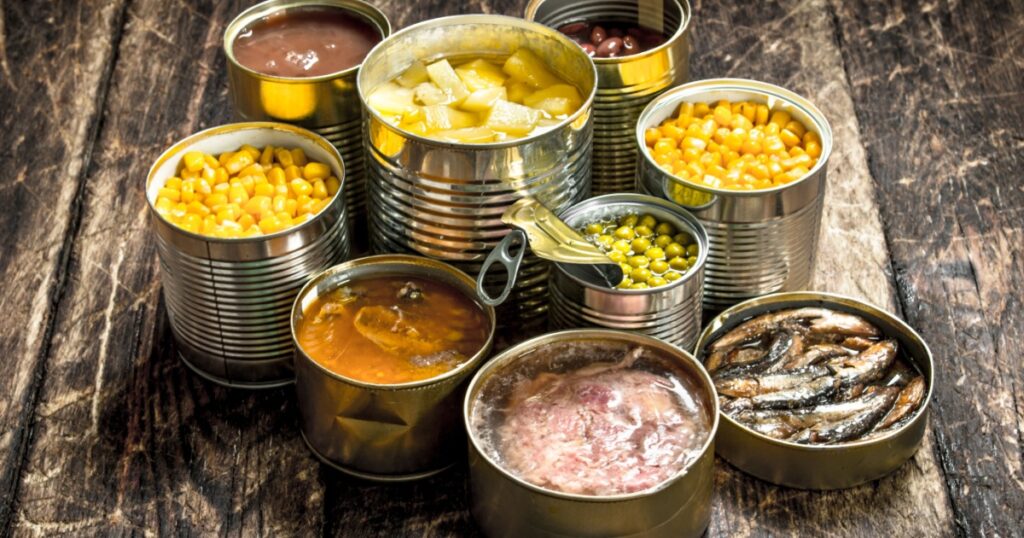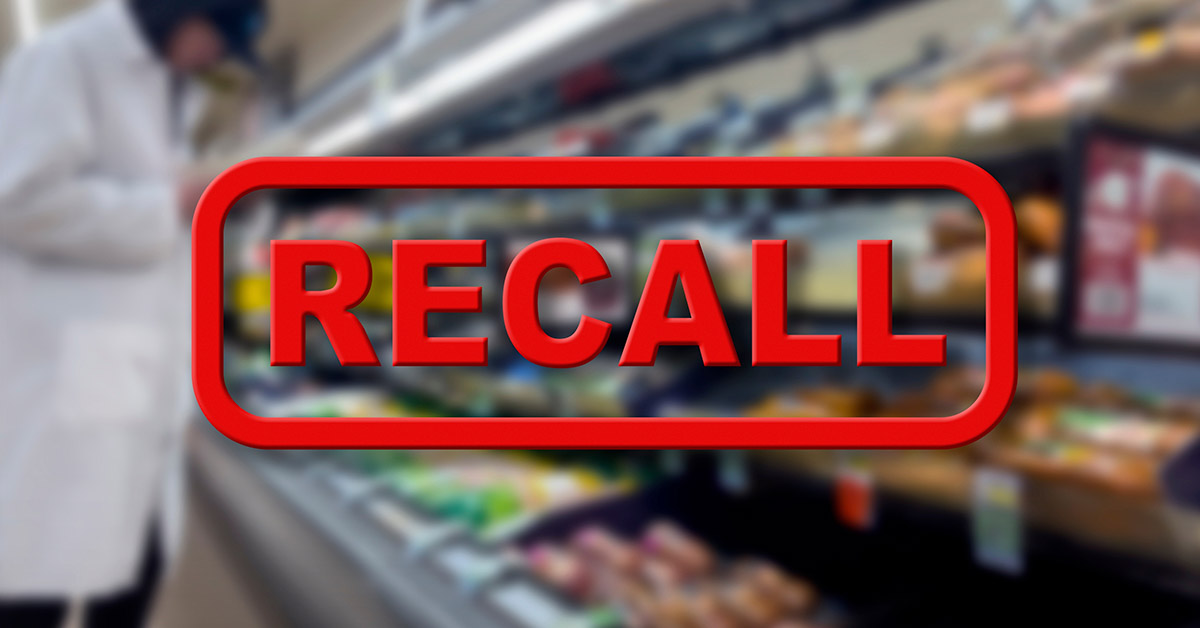Food safety is a crucial aspect that often gets overlooked in our fast-paced lives. However, understanding the risks associated with certain foods is essential for maintaining our well-being. These are 10 of the riskiest and most often recalled foods, as per the data. By being informed about these food items, we can make informed choices and take appropriate precautions to protect ourselves and our families.
10 of the Most Often Recalled Foods

Food recalls happen far more often than we’d like them to. It is important to be aware of recalls so that you can prevent your family from becoming sick, or worse. While no food is 100% recall risk-free, there are certain foods that tend to be recalled more often. These are those foods, so that you can exercise caution and decide what you do and don’t want to purchase for your family.
1. Raw Eggs

Raw or undercooked eggs carry the risk of Salmonella contamination. The bacteria can cause severe food poisoning, leading to symptoms such as diarrhea, fever, and abdominal pain. To reduce the risk, it is advisable to thoroughly cook eggs before consumption. Often these recalls come in the form of other products, such as raw cookie dough. (1)
Read More: 6 Foods That Make You Pee To Avoid Before Bedtime
2. Leafy Greens

Leafy greens, including lettuce and spinach, have been frequently associated with outbreaks of E. coli and Salmonella infections. These pathogens can contaminate the greens through exposure to contaminated water or soil, leading to severe illness. Proper washing and cooking techniques can help reduce the risk. (2)
3. Ground Beef

Ground beef is a common source of Escherichia coli (E. coli) contamination. Improperly cooked or stored ground beef can lead to foodborne illnesses such as diarrhea, abdominal cramps, and in severe cases, kidney failure. It is vital to cook ground beef thoroughly and ensure proper refrigeration. (3)
4. Raw Milk

Raw milk, which has not undergone pasteurization, poses serious health risks due to potential contamination with bacteria like Salmonella, E. coli, and Listeria. These pathogens can cause various illnesses, ranging from mild symptoms to life-threatening conditions, especially for pregnant women, children, and individuals with weakened immune systems. (4)
5. Shellfish

Shellfish, including oysters, clams, and mussels, can carry Vibrio bacteria. These bacteria thrive in warm waters and can cause severe gastrointestinal illnesses, particularly in individuals with compromised immune systems. Proper cooking and handling of shellfish are essential to minimize the risk. (5)
Read More: 10 Unconnected Signs You Have a Histamine Intolerance and 10 Foods to Avoid
6. Sprouts

Sprouts, such as alfalfa and broccoli sprouts, have historically been associated with outbreaks of foodborne illnesses, primarily due to contamination with Salmonella and E. coli. The warm and humid conditions required for sprout cultivation also favor bacterial growth. Thorough cooking or avoiding raw sprout consumption is recommended. (6)
7. Raw Poultry

Raw poultry, especially chicken, is a common carrier of Salmonella and Campylobacter bacteria. These pathogens can cause infections resulting in symptoms like diarrhea, fever, and abdominal pain. Proper handling, storage, and cooking of poultry products can minimize the risk of contamination. (7)
8. Deli Meats

Deli meats, including ham, turkey, and salami, are prone to contamination with Listeria monocytogenes. Listeria infection can lead to severe complications, especially for pregnant women, older adults, and individuals with weakened immune systems. Proper refrigeration and thorough heating before consumption are crucial. (8)
9. Fresh Fruits and Vegetables

Fresh produce may be contaminated with various bacteria, parasites, or viruses due to exposure to contaminated water or improper handling. Outbreaks of foodborne illnesses related to fresh fruits and vegetables, such as melons and sprouts, have been reported. Thorough washing and proper food handling practices are crucial. (9)
10. Canned Foods

Although less common, canned foods may occasionally be recalled due to issues such as contamination with pathogens or spoilage. It is essential to check for any recalls or damage to the packaging before consuming canned goods to ensure food safety. (10)
The Bottom Line

Being aware of the riskiest and often recalled foods is crucial for maintaining a healthy diet and preventing foodborne illnesses. By understanding the potential dangers associated with raw eggs, leafy greens, ground beef, raw milk, shellfish, sprouts, raw poultry, deli meats, fresh fruits and vegetables, and canned foods, we can take appropriate precautions to minimize the risks. Practicing proper food handling, storage, and cooking techniques, as well as staying informed about food recalls, can greatly reduce the likelihood of falling victim to foodborne illnesses. It is important to prioritize food safety to ensure the health and well-being of ourselves and our loved ones.
Read More: 16 Worst Fast Food Chains to Avoid
Sources
- “Quantitative risk assessment of foodborne Salmonella illness by estimating cooking effect on eggs from retail markets.” NCBI. Hyemin Oh, Yohan Yoon, Jang Won Yoon, Se-Wook Oh, Soomin Lee, and Heeyoung Lee. September 30, 2023.
- “Overview of Leafy Greens–Related Food Safety Incidents with a California Link: 1996 to 2016.” Science Direct. Kali Turner, Chee Nou Moua, Maha Hajmeer, Amber Barnes and Michael Needham. March 2019.
- “Ground beef recalls and subsequent food safety performance.” Science Direct. Michael Ollinger and Matthew Houser. December 2020.
- “Food allergen recalls in the United Kingdom: A critical analysis of reported recalls from 2016 to 2021.” Science Direct. Sim Ray Yue, Rajeev Shrivastava, Katrina Campbell and Michael John Walker. Fenbruary 2023.
- “An Analysis of Seafood Recalls in the United States, 2002 Through 2022.” Pubmed. Erika Rene Blickem, Jon W Bell, Alexandra C M Oliveira, D Mona Baumgartel and John DeBeer. June 2023.
- “Food recalls associated with foodborne disease outbreaks, United States, 2006–2016.” NCBI. Qihua Qiu, Daniel Dewey-Mattia, Sanjana Subramhanya, Zhaohui Cui, Patricia M. Griffin, Susan Lance, William Lanier,Matthew E. Wise and Samuel J. Crowe. July 2021.
- “Twenty-Two Years of U.S. Meat and Poultry Product Recalls: Implications for Food Safety and Food Waste.” Science Direct. Acton Gorton and Matthew J. Stasiewicz. April 1, 2017.
- “Prevalence of Listeria monocytogenes in Select Ready-to-Eat Foods—Deli Meat, Soft Cheese, and Packaged Salad: A Systematic Review and Meta-Analysis.” Science Direct. Katheryn J. Churchill, Jan M. Sargeant, Jeffrey M. Farber and Annette M. O’connor. Febraury 1, 2019.
- “Multistate Outbreaks of Foodborne Illness in the United States Associated With Fresh Produce From 2010 to 2017.” NCBI. Christina K. Carstens, Joelle K. Salazar and Charles Darkoh. November 22, 2019.
- “Conagra Brands Recalls Canned Meat and Poultry Products Due to Possible Packaging Defect.” USDA

